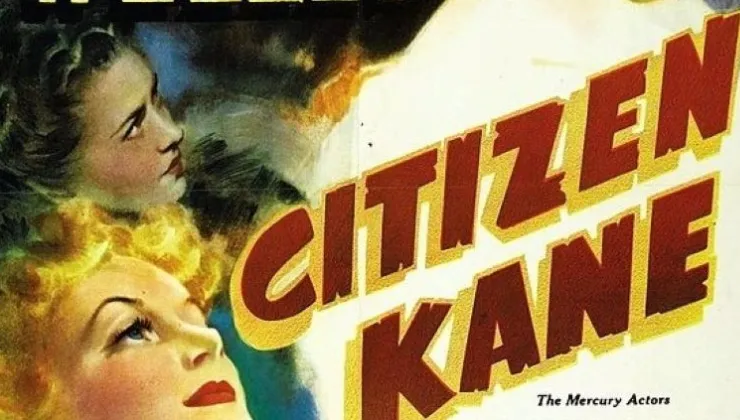Joe Pickett – A Neo-Western That Blends Family, Crime, and Frontier Ethics
Joe Pickett is a television crime drama that adapts the popular mystery novels by C.J. Box, focusing on the life of a humble but determined game warden in rural Wyoming. The series, which originally premiered in 2021, stars Michael Dorman as the titular character, a lawman navigating both the challenges of protecting wildlife and the darker undercurrents of corruption, greed, and violence in the American West. Set in the fictional town of Saddlestring, the show combines elements of classic Westerns with a modern crime thriller sensibility.
The series opens as Joe Pickett and his family—wife Marybeth and their two daughters—move to a new post in Wyoming. Almost immediately, Joe is pulled into a complex and deadly web involving poachers, shady politicians, and corporate interests trying to exploit the land. Unlike traditional law enforcement figures, Joe doesn’t carry a gun as a first resort. He operates with an unshakable moral compass, often placing principle above protocol. His sense of justice is tested repeatedly as he confronts crimes that reach deep into the community's power structure.

Michael Dorman delivers a grounded, thoughtful performance as Joe, portraying him as a man constantly caught between doing what’s right and surviving the consequences. Julianna Guill, who plays Marybeth Pickett, provides strong emotional support and depth to the family dynamic. As a former lawyer, her character is not just a sidekick, but a capable partner in uncovering truths and confronting threats. Their marriage, with its blend of tenderness and shared resilience, is a core strength of the series.
What sets Joe Pickett apart is its setting and tone. The series embraces the rugged landscapes of Wyoming with cinematic flair. The mountains, forests, and open plains serve as more than just backdrops—they’re characters in their own right. The show uses the natural environment to heighten tension, reflect emotional states, and raise questions about humanity’s relationship to the land. The pacing is deliberate, echoing the rhythms of small-town life and wilderness patrols. It favors slow-burn mysteries and character development over flashy action, though moments of violence are impactful when they come.
Critics praised the show for its grounded storytelling and morally complex characters. Viewers who appreciated shows like Longmire or Yellowstone found Joe Pickett a quieter, more introspective alternative. However, fans of the original novels had mixed reactions. Some criticized the TV adaptation for softening Joe’s intelligence and making him seem too naive or passive in comparison to the sharp, capable figure in the books. Others felt that the dialogue occasionally fell flat or that some plotlines stretched believability.
Despite those criticisms, the show found a loyal audience and ran for two seasons before being canceled. It made a strong impression for its emphasis on conservation, justice, and the clash between traditional values and modern exploitation. It also brought renewed attention to C.J. Box’s novels, driving interest in the larger Joe Pickett book series.
In the end, Joe Pickett is a compelling portrait of a man—and a family—struggling to do the right thing in a world where right and wrong aren’t always clear. Its quiet intensity, strong sense of place, and thematic richness make it a worthy entry in the growing canon of modern Western drama.
-1752116899-q80.webp)


-1752135989-q80.webp)